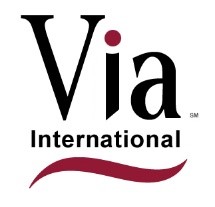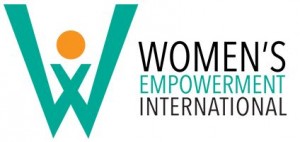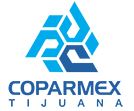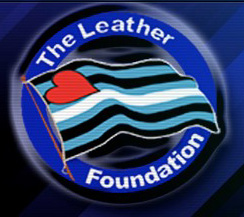- Principal Investigator(s): Elizabeth Reed, ScD, MPH
- Project Funding Period: 8/19/2014 to 7/31/18
- Project Funding Source: National Institute of Mental Health
Summary
The ESTIMA microfinance project addresses economic vulnerability among highly marginalized women in Tijuana, Mexico by providing business training and microfinance loans. ESTIMA seeks to promote women’s financial well-being and independence. Women participating in the ESTIMA project also receive support through a group-led approach that mobilizes women to work together in addressing multiple life challenges (e.g. unstable housing, difficulty accessing needed permits or training, childcare challenges, gender-based violence) to ensure their success.
Among the women ESTIMA works with, most have not had access to education or training opportunities, many have been trafficked into sex trade or involved in sex work as a means of economic survival, and most have experienced other forms of gender-based violence, including partner violence, that have also contributed to women’s economic vulnerability. For example, many women have had to struggle to financially support themselves and their families on their own in order to escape from abusive home environments. The majority of women in ESTIMA report having children and being the primary or sole breadwinner for their children, with no other financial support from other family members or male partners. Thus, by promoting women’s economic independence and financial well-being, ESTIMA offers women control over their lives and the ability to provide for their families safely.
ESTIMA will be evaluated via a randomized controlled trial and be among the few rigorously evaluated studies to assess microfinance-based programmatic efforts on improvements in social, economic, and health outcomes among women and their children.
“I didn’t have anything to eat. God gave me my daughter. …my food was a pancake and a little gallon of milk so that I wouldn’t get hungry, because I didn’t have [any money]. I gave birth to her. The father said that she wasn’t his. He came and threw my clothes here. Just like that and since then, I have gotten ahead by myself…”
-Quote from an interview with a potential participant for the ESTIMA Microfinance Project
Contact Information
Ricardo Vera-Monroy
rveramonroy@ucsd.edu





